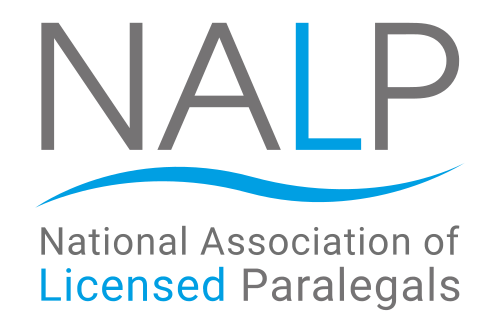Mediation has become an increasingly popular method for resolving family disputes in the UK, offering a less confrontational and more cost-effective alternative to traditional court proceedings. It involves an independent third party – a mediator – who helps both parties come to an agreement on various issues, such as divorce, child custody, financial arrangements, and property disputes. This article explores the role of mediation in the family law context, its benefits, and how to prepare for the process.
Understanding Mediation
Mediation is a voluntary process that encourages open communication and negotiation, with the aim of reaching a mutually acceptable agreement between parties involved in a family dispute. It is designed to be a flexible and confidential process, allowing parties to discuss their issues in a safe and controlled environment.
Benefits of Mediation
- Cost-Effective: Mediation is generally less expensive than going to court due to lower legal fees and a quicker resolution.
- Quicker Resolution: As it avoids the often lengthy court process, mediation can lead to a faster resolution of disputes.
- Control Over the Outcome: Parties have more control over the outcome as they work together to reach an agreement, rather than having a decision imposed by a judge.
- Confidentiality: Mediation is a private process, and discussions cannot be used as evidence in court if mediation does not result in an agreement.
- Preserves Relationships: By promoting cooperation and understanding, mediation can help preserve relationships, which is particularly important in disputes involving children.
Preparing for Mediation
- Understand Your Rights and Obligations: It’s important to have a clear understanding of your legal rights and obligations before entering mediation. Consider seeking legal advice to better understand your position and options.
- Choose the Right Mediator: Look for a mediator who is experienced in family disputes and, if possible, specialized in the particular area of your dispute. The mediator should be neutral and able to facilitate discussions effectively.
- Prepare Your Documents: Gather all relevant documents and information related to the dispute, such as financial statements, communication records, and any legal agreements.
- Identify Your Priorities: Understand what you want to achieve through mediation. Identify your priorities and consider what you are willing to compromise on.
- Practice Open Communication: Be prepared to express your needs and concerns openly while also listening to the other party. The goal is to find a solution that works for both parties.
During Mediation
The mediator will guide the process, ensuring both parties have the opportunity to speak and be heard. Discussions are focused on finding practical solutions and may involve several sessions. It’s important to approach mediation with an open mind and a willingness to negotiate.
After Mediation
If an agreement is reached, the mediator can draft a “Memorandum of Understanding” that outlines the terms of the agreement. This document can then be made legally binding by a solicitor if desired. If mediation does not result in an agreement, parties still have the option to go to court.
Mediation represents a valuable opportunity for resolving family disputes in a manner that is less adversarial, more cost-effective, and often more satisfactory for all involved. By preparing effectively and engaging in the process with an open and cooperative attitude, parties can achieve a resolution that respects the interests and needs of everyone involved, especially when children are involved.



